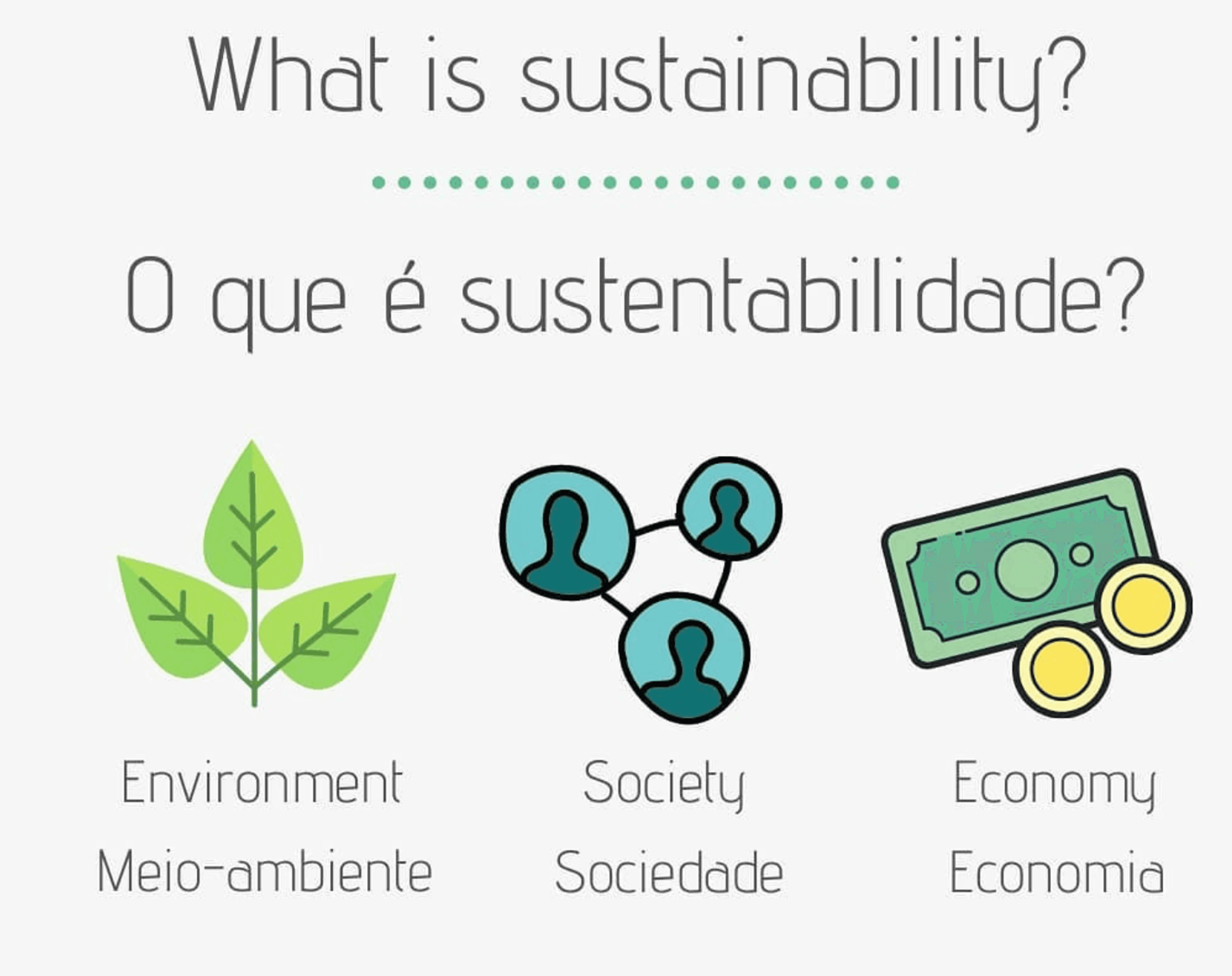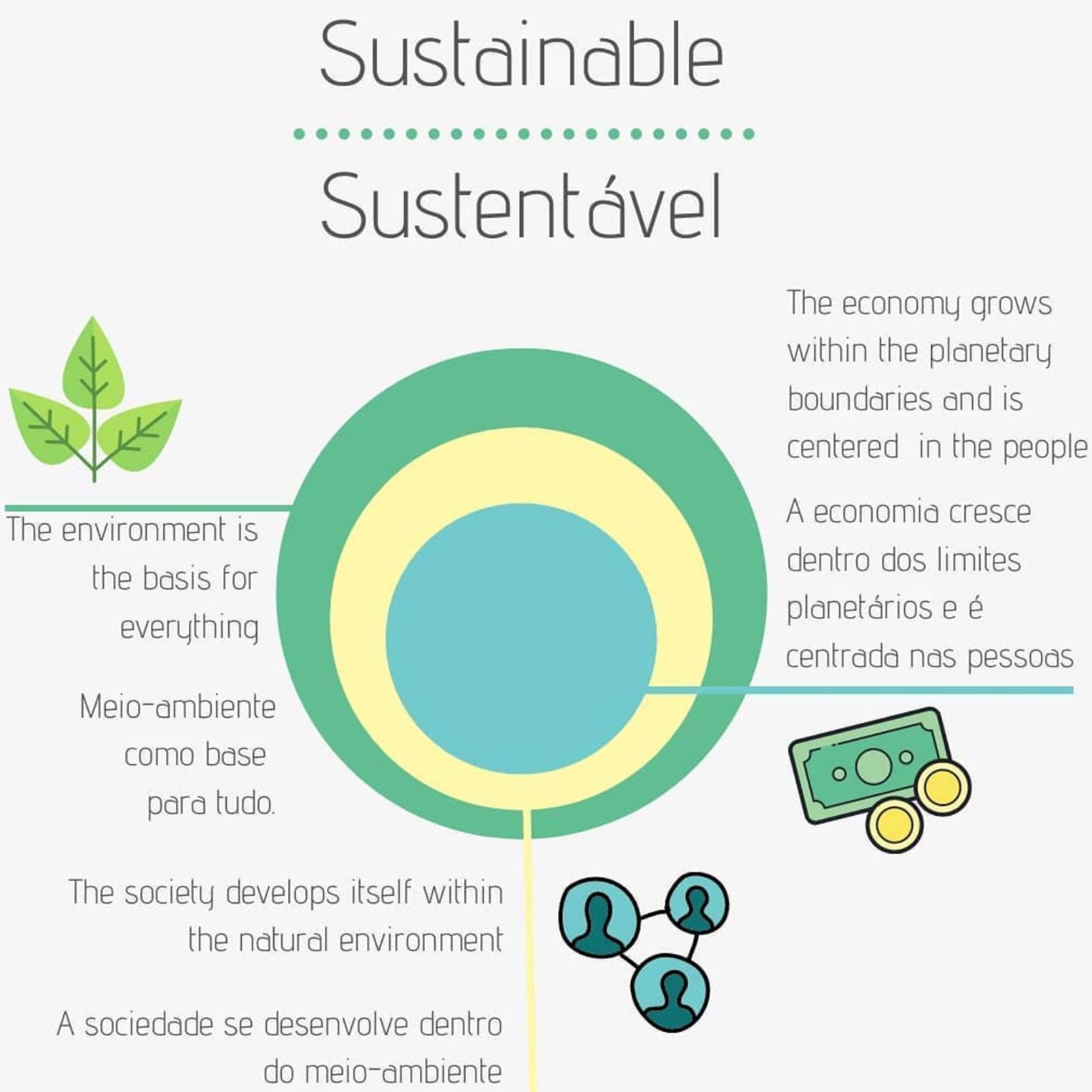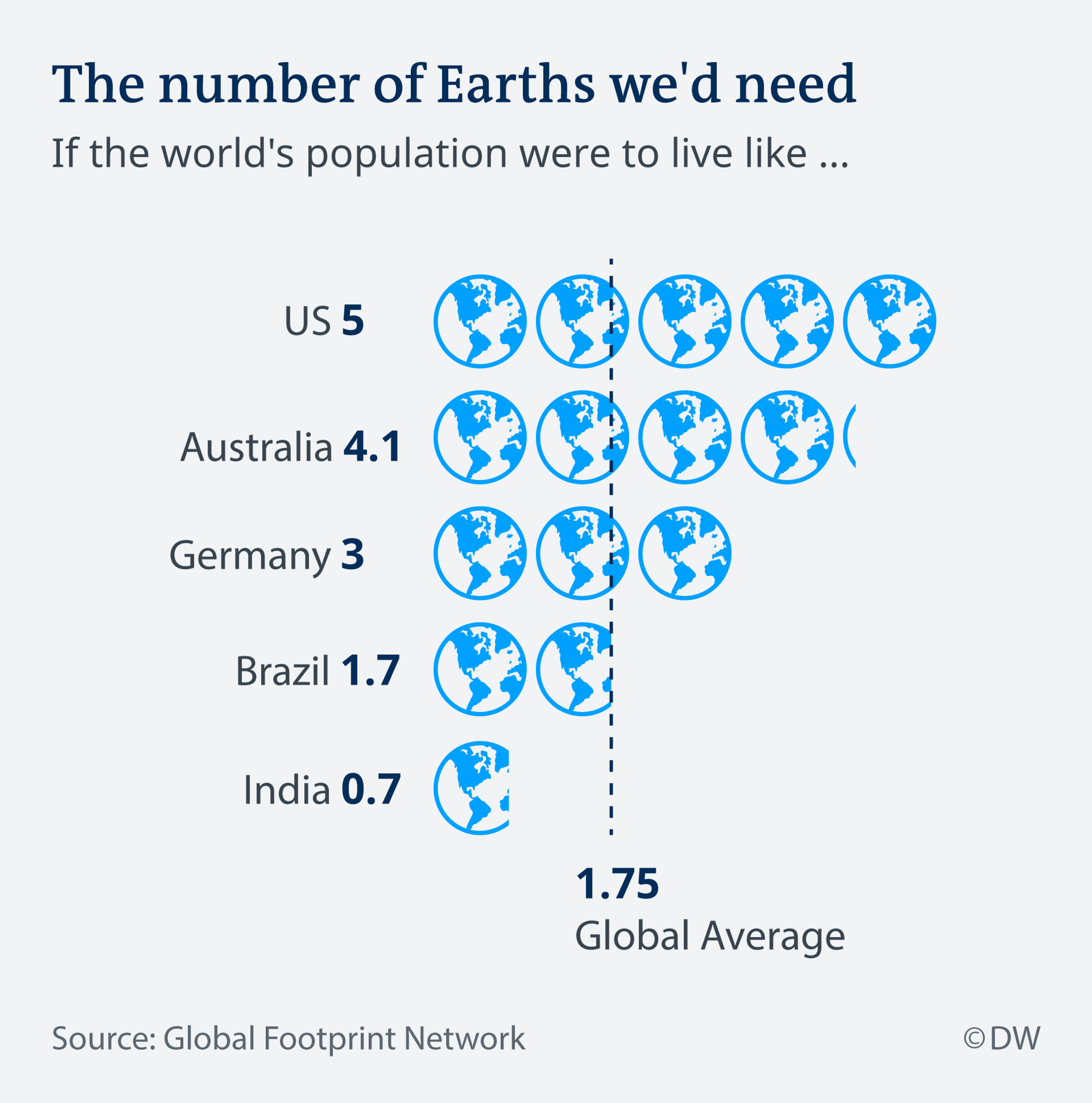Why Sustainability is everyone's responsibility?
Understanding sustainability in today's society
The term sustainability is used to define actions and activities that aim to meet the current needs of human beings, without compromising the future of the next generations.
This means that, for the growth of a sustainable society, we must think about the impacts that our actions create, aiming at the environmental, social and economic aspects, so that future generations can develop and live with quality of life, and the ecosystem can regenerate itself. without having its resources exhausted.
Economic Sustainability
When we talk about economic sustainability within a company or society, we must analyze the efficiency of the production processes of goods and services, valuing the minimum use of non-renewable resources, the maintenance of renewable resources, and the quality and durability of the product to generate profit and jobs.
Ecological and Environmental Sustainability
Environmental sustainability aims at the conscious use of natural resources and the reduction of environmental impacts in the short, medium and long term so that production and consumption conditions do not affect the ecosystem's regeneration, that is, respecting its biological limits.
Social Sustainability
Social sustainability, on the other hand, promotes and guarantees the quality of life of current and future generations, offering access to education, leisure and health care for all, reducing social inequality and violence and encouraging the individual's role in recycling and conscious consumption, valuing available resources and reducing the amount of waste produced.
What is the problem?
The way in which today's society has developed is unsustainable, considering only the economic sphere and leaving aside the social and environmental spheres.
According to the Global Footprint Network, to maintain the same current consumption pattern, 1.75 planet Earth would be needed. Since 1970, humanity has consumed more than the planet can produce. Each year, Earth Overload Day is happening earlier, that is, it reaches its depletion of natural resources sooner than the environment is able to regenerate.
And what can we do as individuals?
Every action creates an impact, be it positive or negative. A consumer society that does not consider its impacts is made up of people who reproduce this same behaviour. When we try to understand every impact of the products and services we consume, we start consuming only what is necessary, reusing what we already have.
We can think of the philosophy of the 5 R's (Reduce, Refuse, Reuse, Reuse, Recycle) as a guide to reducing the amount of waste we produce.
Avoid wasting water, food, and energy consumption;
Vote for people who aim to improve the social and environmental spheres, and not just the economic sphere, monitor and demand from the government the promised actions;
Try to find out about the origin of the products you purchase, the impacts caused during the manufacturing process, and whether the company/brand values are aligned with social and environmental causes;
Practice empathy, we are all here to learn to live to respect our similarities and differences.
What impact do you want to make on the world?
The text was written by Mayara Genaro for the Impact Project.


